With legal cases mounting, Imran Khan's party stuck between rock and hard place
With 315 cases still pending, the legal battles could drag on for years, keeping PTI tied up in courtrooms

Aamir Abbasi
Editor, Islamabad
Aamir; a journalist with 15 years of experience, working in Newspaper, TV and Digital Media. Worked in Field, covered Big Legal Constitutional and Political Events in Pakistan since 2009 with Pakistan’s Top Media Organizations. Graduate of Quaid I Azam University Islamabad.
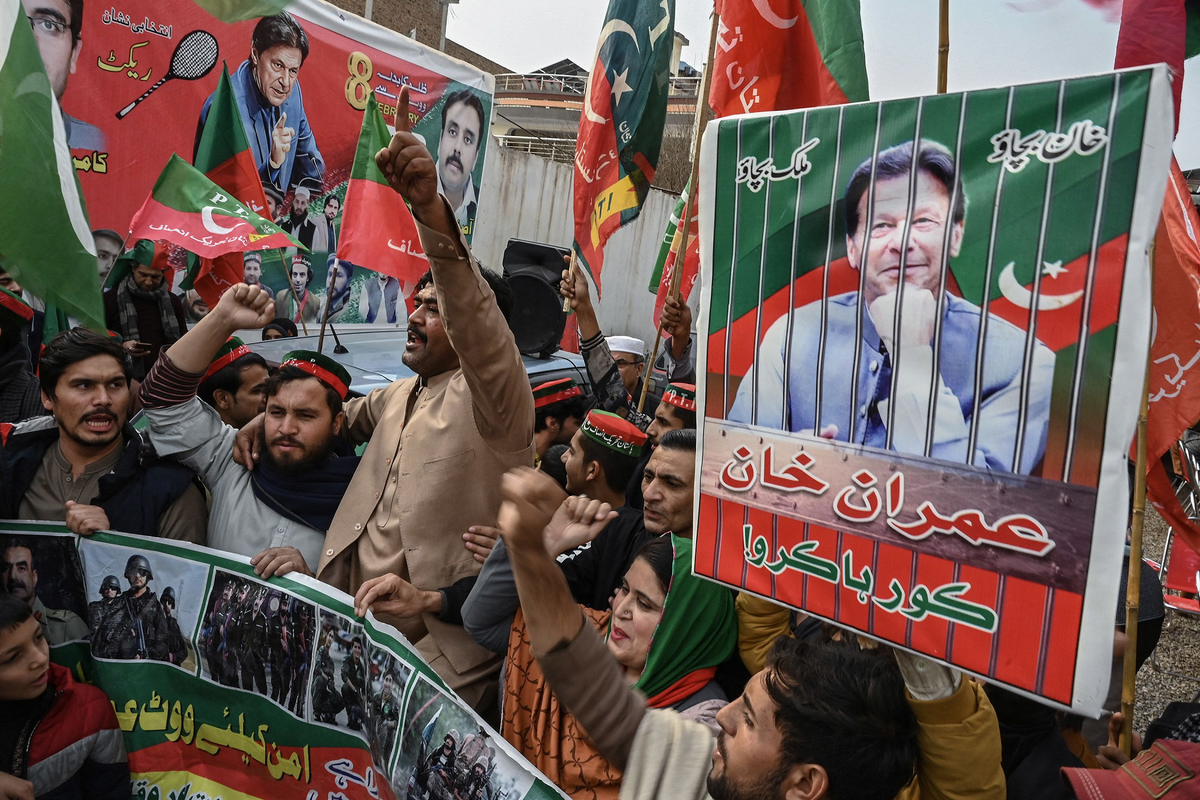
Pakistan’s main opposition party, Pakistan Tehreek-e-Insaf (PTI), finds itself stuck between a rock and a hard place — forced to choose between lengthy legal battles or fading further into the margins.
Two years ago, PTI workers staged violent demonstrations, attacking key military installations in protest over the arrest of their leader, former Prime Minister Imran Khan. Today, with 36,000 of its workers — including senior leaders — facing legal cases, the party’s future appears increasingly bleak.
According to official records seen by Nukta, over 11,000 workers have been arrested, more than 24,000 are on the run, and hundreds remain in jail pending trial.
Punjab bears brunt of crackdown
Punjab, the country’s largest province and PTI’s electoral heartland, has borne the brunt of the crackdown.
With 315 cases still pending, the legal battles could drag on for years, keeping PTI tied up in courtrooms and draining its political and financial resources.
Allegations of conspiracy against Imran Khan remain a constant theme, although courts have found no direct audio or video evidence linking him to the May 9 riots. Khan was acquitted in two such cases in May 2024 due to insufficient evidence, yet he remains imprisoned on other charges since August 2023.
Weak but defiant
On August 5, marking two years since Khan’s arrest, PTI attempted to stage nationwide protests demanding his release.
Authorities responded swiftly and forcefully. In Lahore, Karachi, Peshawar, and Muzaffarabad, rallies were met with heavy police presence, baton charges, and arrests.
Over 240 workers were detained in Lahore alone, with more than 500 taken into custody across Punjab. Among those arrested was 73-year-old senior PTI leader Rehana Dar — a sign of the sweeping nature of the crackdown.
Critics see this as part of a broader state strategy to suppress political dissent and dismantle PTI’s capacity to mobilize.
Every pending case, delayed verdict, and new arrest tightens the noose further.
Further difficulties ahead: Experts
Mian Rauf Atta, president of the Supreme Court Bar Association, told Nukta that verdicts in May 9 cases have begun to emerge, “further increasing PTI’s difficulties.”
Former Lahore High Court judge and criminal law expert Shah Khawar noted that those tried in military courts over the incidents appear to have received lighter sentences than those in anti-terrorism courts.
He explained that suspending a 10-year sentence from an anti-terrorism court is far more difficult than suspending a sentence of less than 10 years, which courts can do more readily under the Code of Criminal Procedure.
Legal experts predict PTI’s troubles will deepen as anti-terrorism court verdicts increasingly lead not only to long jail terms but also disqualifications from holding public office.
Barrister Salahuddin Ahmed told Nukta that acquittal in one May 9 case does not prevent prosecution in others unless they arise from the same set of facts, in which case it would constitute double jeopardy.
Given the sheer number of FIRs linked to May 9, multiple trials can proceed simultaneously against the same individuals unless the charges overlap completely.
Tough verdicts so far
So far, four major verdicts have targeted prominent PTI figures, affecting over 150 leaders and workers.
Nine lawmakers — including Omar Ayub, Shibli Faraz, and Zartaj Gul — have been disqualified. Imran Khan remains named in multiple FIRs as a central instigator despite already being behind bars.
For PTI, the problem is not only the scale of these cases but their open-ended nature. With fresh arrests continuing and court proceedings slow, the legal process itself has become a tool of political immobilization.
“Anyone the state wishes to book, it can,” said a party insider. “And that uncertainty is killing PTI’s ability to function.”



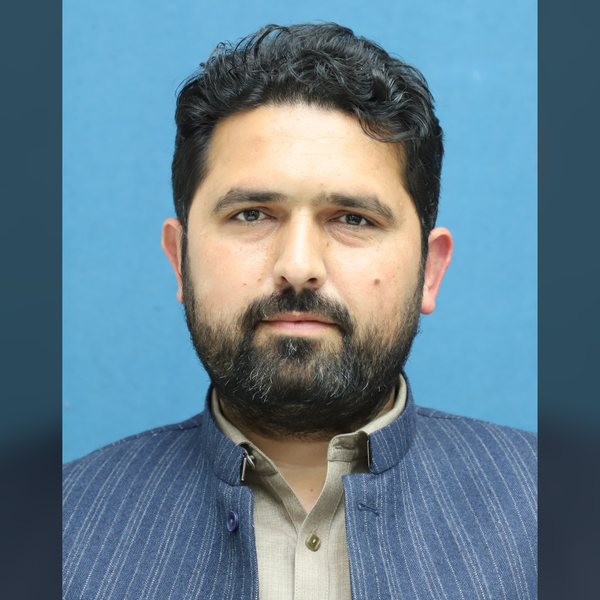

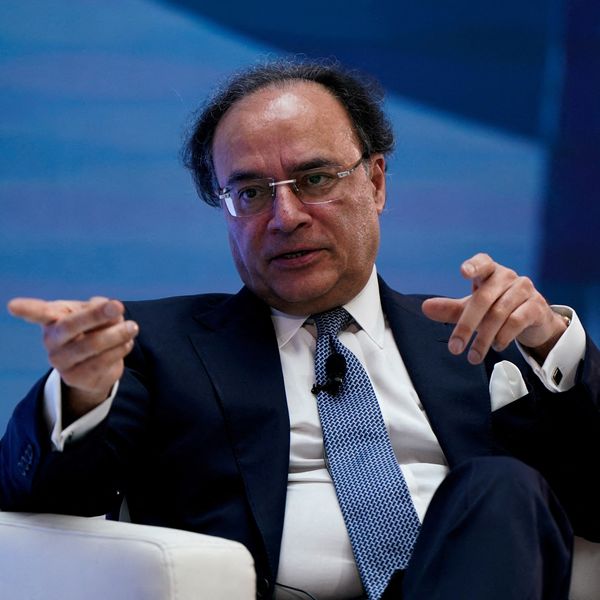
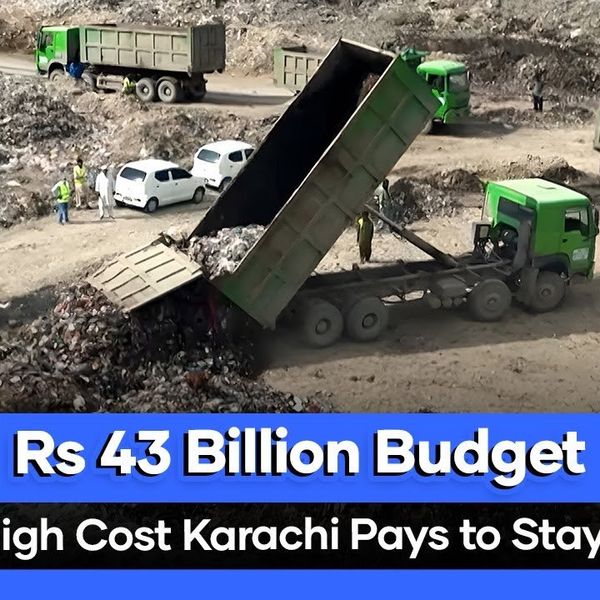

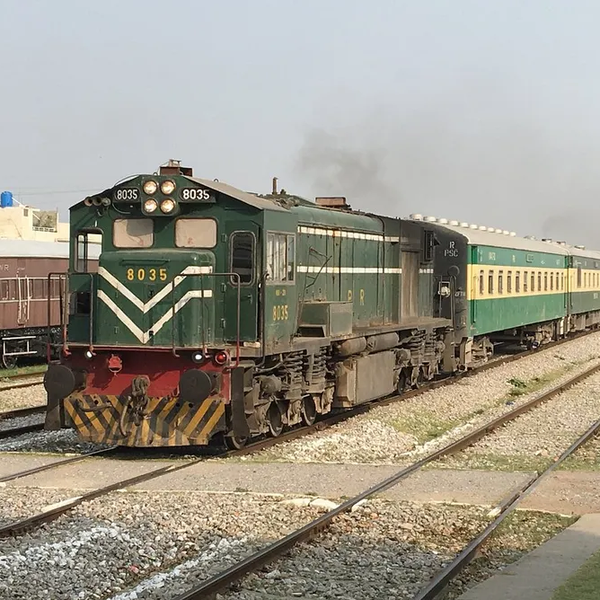

Comments
See what people are discussing